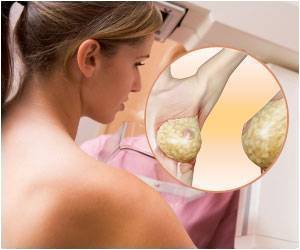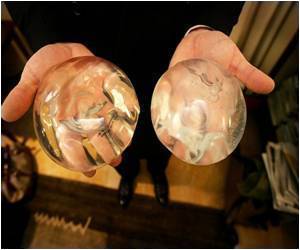
Featured in the journal Molecular Pharmacology, the study led by Paul Dent, Ph.D., demonstrated that the drugs sorafenib and regorafenib synergize with a class of drugs known as PI3K/AKT inhibitors to kill a variety of cancers. Sorafenib and regorafenib work by blocking the production of enzymes called kinases, which are vital to the growth and survival of cancer cells. Sorafenib is currently approved by the FDA to treat kidney and liver cancers, and regorafenib is currently approved for the treatment of colorectal cancer. However, sorafenib and regorafenib do not directly affect PI3K and AKT kinases, which are also very active in promoting cancer cell survival. The addition of a PI3K/AKT inhibitor to the combination of sorafenib and regorafenib dramatically increased cell death and was even effective against cells with certain mutations that make one or the other drug less effective.
"We know that there are certain cellular processes that are frequently dysregulated in cancers and important to cell proliferation and survival, but if you shut down one, then cells can often compensate by relying on another," says Dent, Universal Corporation Distinguished Professor for Cancer Cell Signaling and member of the Developmental Therapeutics research program at VCU Massey Cancer Center as well as vice chair of the Department of Neurosurgery at VCU School of Medicine. "We are blocking several of these survival pathways, and the cancer cells are literally digesting themselves in an effort to stay alive."
Results of the study showed that the combination therapy killed the cells by physically interacting with molecules to block the survival pathways and induce a toxic effect known as autophagy. Autophagy is a protective process where cells metabolize themselves when starved of the resources needed to survive.
"Many groups are trying the approach of inhibiting two survival signaling pathways, but our approach takes this further by blocking significantly more of these pathways," says Dent. "Our findings could benefit many different cancer patients based on the broad range of effects seen in multiple cancer types."
Advertisement














